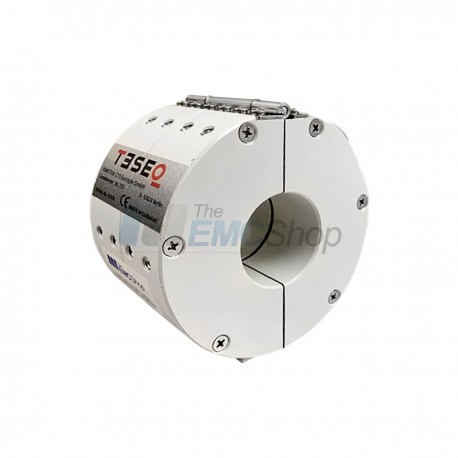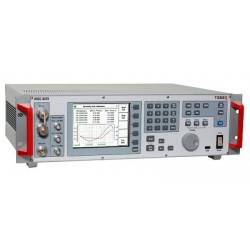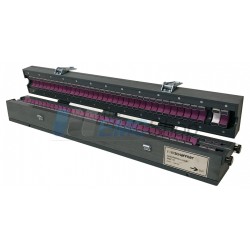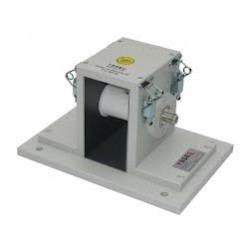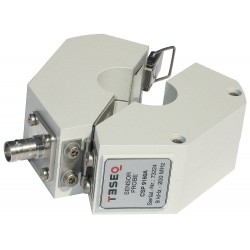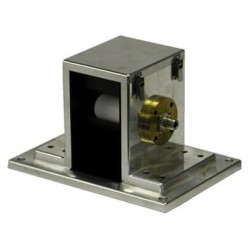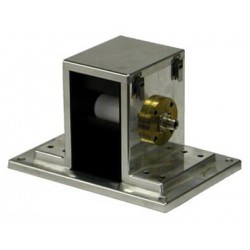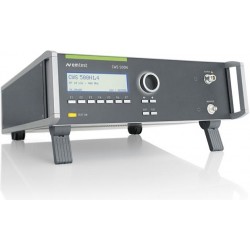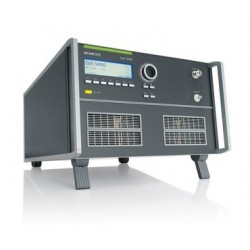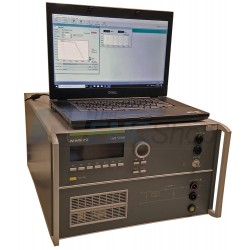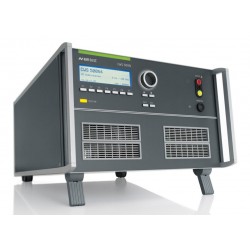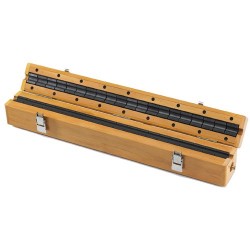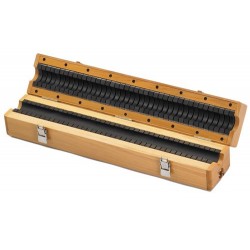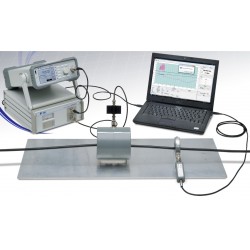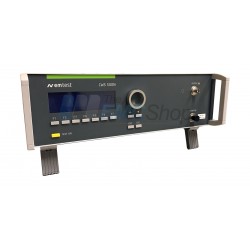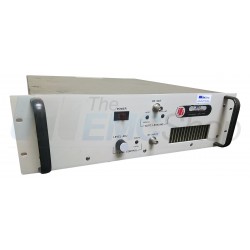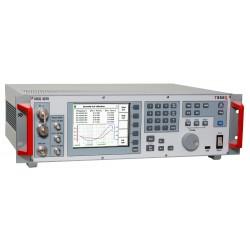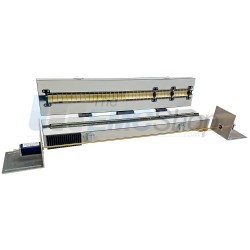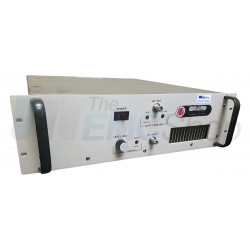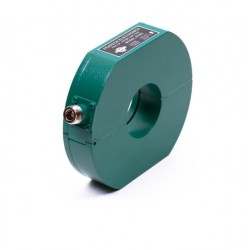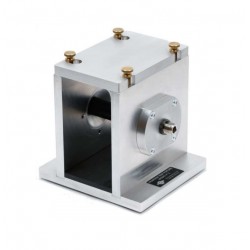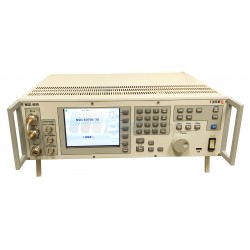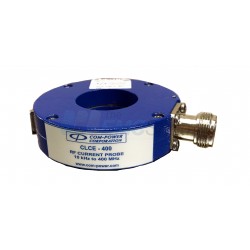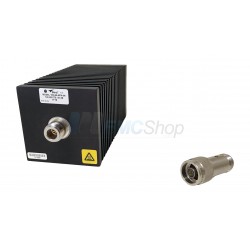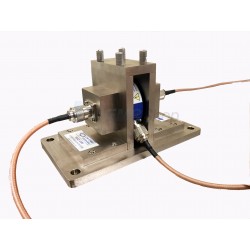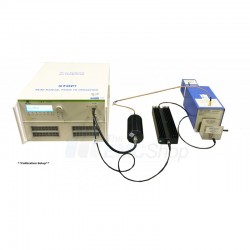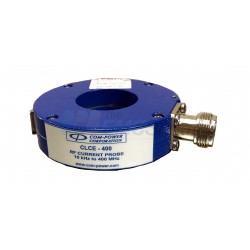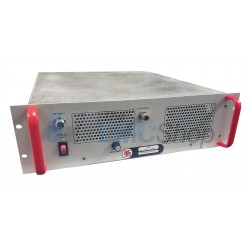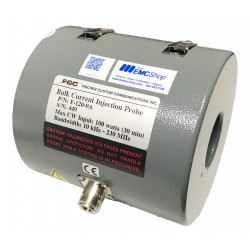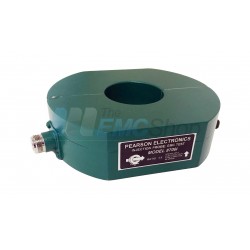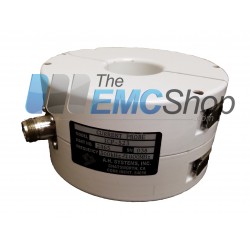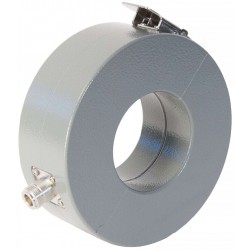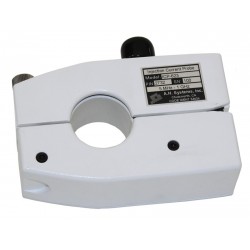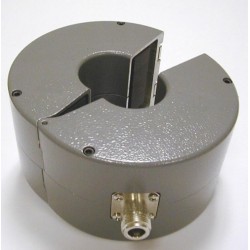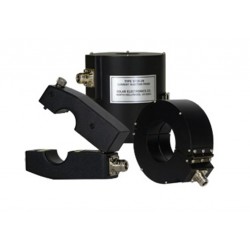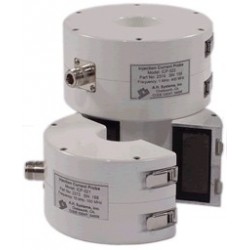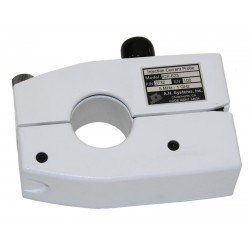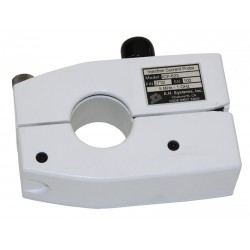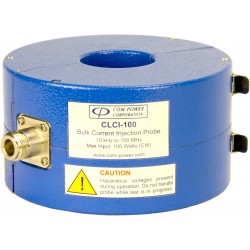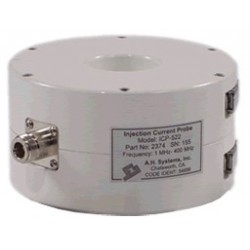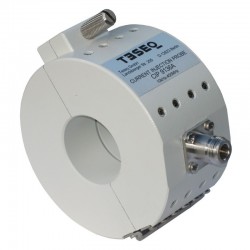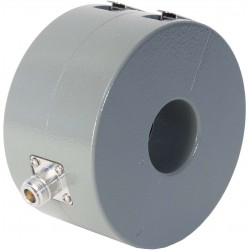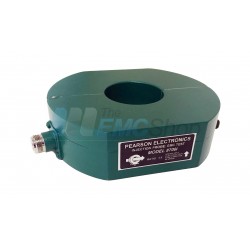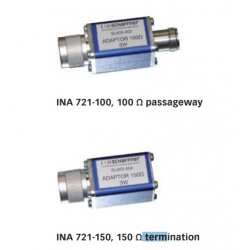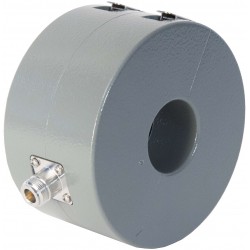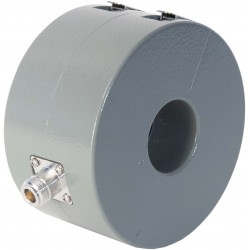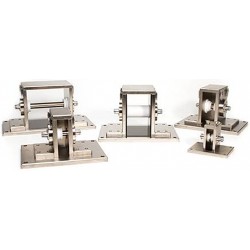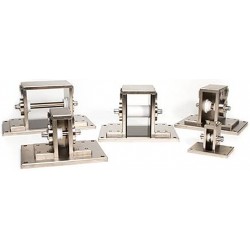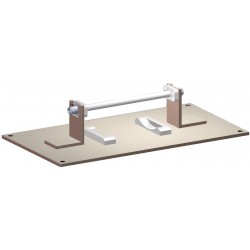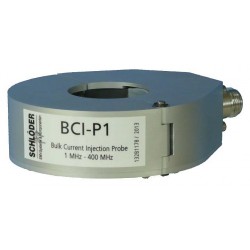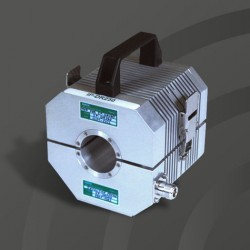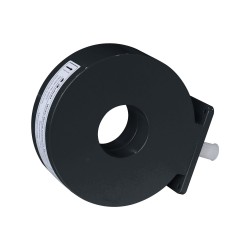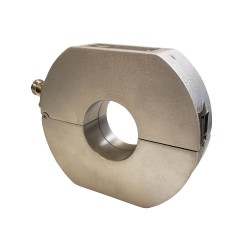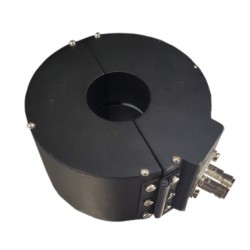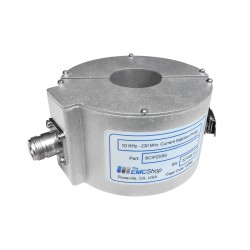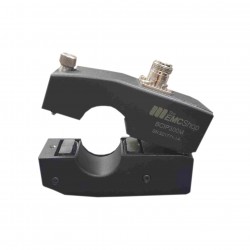No products
Product successfully added to your shopping cart
There are 0 items in your cart. There is 1 item in your cart.
Bulk Current Injection (BCI) Probes
- EMC Test Equipment
- Transient Generators
- RF Power Amplifiers
- DC - 300 kHz RF Amplifiers
- 10 kHz - 250 MHz RF Amplifiers
- 10 kHz - 400 MHz RF Amplifiers
- 10 kHz - 1 GHz RF Amplifiers
- 80 MHz - 1 GHz RF Amplifiers
- 1 GHz - 2 GHz RF Amplifiers
- 700 MHz - 4.2 GHz RF Amplifiers
- 1 GHz - 6 GHz RF Amplifiers
- 2 GHz - 8 GHz RF Amplifiers
- 6 GHz - 18 GHz RF Amplifiers
- 18 GHz - 40 GHz RF Amplifiers
- Pulse Amplifiers
- RF Field Strength Probes & Meters
- RF Conducted Immunity
- EMC Receivers/EMI Analyzers
- EMC Antennas
- Coupling Decoupling Networks (CDN's)
- Line Impedance Stabilization Networks (LISN's)
- RF Test Equipment
- EMC Probes
- EMC Measurement & Equipment Software
- Power Supplies
- Electrical Safety Analyzers
- High Precision Laboratory Power Analyzers & Meters
- Anechoic Chambers
- Over-the-Air (OTA) Test Chambers
- EMI RF Shielded Tent Enclosures
- RF Shielded Rooms
- EMC Absorber
- Positioning Equipment
- EMC/EMI Test Setup
- GTEM Cells / TEM Cells
- Reverberation Chambers
- Used RF Anechoic Chambers
- EMC Chamber Filters
- EMC Chamber Shielding Gaskets
- RF Shielded Doors
- Anechoic Chamber Accessories
- Fully Anechoic (FAR) Test Chambers
- Manufacturers
- 3ctest
- AE Techron
- AH Systems
- Amplifier Research
- Boonton
- Com-Power
- Diamond Engineering
- EM Test (Ametek CTS)
- EMC Partner
- EMC Test Design
- Empower High Power RF Amplifiers
- ETS-lindgren
- Log Periodic Dipole Array Antenna
- Near Field Probe Sets
- Double Ridge Horn Antennas
- Biconical Antennas
- Quad Ridge Horn Antennas
- Electric Field Probes
- GTEM's
- Positioners & Tripods
- Loop Antennas
- Biconilog Antennas
- LISN's (Line Impedance Stabilization Network)
- Shielded Enclosures/Rooms
- Monopole Antennas
- Field Generating Antennas
- Fischer Custom Communications
- Haefely Hipotronics
- Haefely EFT/Burst Immunity Test Systems
- Haefely Surge Combination Wave Test Systems
- Haefely Surge Damped Oscillating Wave Test Systems
- Haefely Electrostatic Discharge Test Systems (ESD)
- Haefely Surge Ring Wave Test Systems
- Haefely Surge Telecom Wave Test Systems
- Haefely Magnetic Field Test Systems
- Haefely CDN's (Coupling/Decoupling Networks)
- IFI Amplifiers
- Keysight (Agilent)
- MVG - Microwave Vision Group
- PMM / Narda
- Rohde & Schwarz RF Test Equipment
- Rohde & Schwarz Broadband RF Amplifiers
- Rohde & Schwarz Spectrum Analyzers
- Rohde & Schwarz Compliant EMI Test Receivers
- Rohde & Schwarz Isotropic RF Probes
- Rohde & Schwarz RF Signal Generators
- Rohde & Schwarz RF Switches
- Rohde & Schwarz Oscilloscopes
- Rohde & Schwarz RF Power Meters
- Rohde & Schwarz RF Power Sensors
- Schloder
- Schwarzbeck Mess-Elektronik
- Schwarzbeck Antennas
- Schwarzbeck Automotive Antennas
- Schwarzbeck Broadband Horn Antennas
- Schwarzbeck Biconical Antennas
- Schwarzbeck Logarithmic Periodic Broadband Antennas
- Schwarzbeck Stacked Log-Periodic Broadband Antennas
- Schwarzbeck Biconic Log-Periodic Antennas
- Schwarzbeck Dipole Antennas
- Schwarzbeck Rod Antennas
- Schwarbeck Antenna Baluns / Holders
- Schwarzbeck LISN Line Impedance Stabilisation Networks
- Schwarbeck Decoupling & Absorbing Clamps
- Schwarzbeck Field Probes
- Schwarzbeck Helmholtz Coils
- Schwarzbeck Antenna Masts
- Schwarzbeck Coupling/Decoupling Networks
- Schwarzbeck Antennas
- Solar Electronics
- Teseq (Schaffner)
- Teseq Automotive Transient Generators
- Teseq RF Test Equipment
- Teseq EFT/Burst Generators
- Teseq RF Immunity Generators
- Teseq ESD Guns
- Teseq Surge Generators
- Teseq Harmonics & Flicker Solutions
- Teseq Dips, Interrupts & Variations Equipment
- Teseq Ring Wave Generators
- Teseq Oscillatory Waves Generators
- Teseq Absorbing Clamps / Ferrite Tube
- Teseq EMC Antennas
- Teseq Current Probes
- Teseq Coupling Networks
- Thermo Keytek
- Vicreate
- Compliance Standards
- International (IEC/EN)
- EN/IEC 61000-3-2
- EN/IEC 61000-3-3
- IEC 61000-3-11
- IEC / EN 610000-3-12
- EN/IEC 61000-4-2
- EN/IEC 61000-4-3
- EN/IEC 61000-4-4
- EN/IEC 61000-4-5
- EN/IEC 61000-4-6
- EN/IEC 61000-4-7
- EN/IEC 61000-4-8
- EN/IEC 61000-4-9
- EN/IEC 61000-4-10
- EN/IEC 61000-4-11
- EN/IEC 61000-4-12
- EN/IEC 61000-4-16
- EN/IEC 61000-4-18
- EN/IEC 61000-4-19
- EN/IEC 61000-4-20
- EN/IEC 61000-4-21
- EN/IEC 61000-4-29
- EN/IEC 61000-4-31
- IEC 61000-4-39
- EN/IEC 62132
- SEMI F47 Voltage Sag Immunity
- Product Standards
- Military & Aerospace Standards
- Automotive EMC Standards
- CISPR Standards
- Telecom Testing
- ANSI/IEEE Standards
- FCC Part 15
- FCC Part 30
- International (IEC/EN)
- Application/Test Type
- Radiated Immunity
- Bulk Current Injection Testing
- RF Emissions Testing
- Conducted Immunity
- Conducted Emissions
- Antenna Pattern Measurement
- CE Mark Testing
- Intentional Radiator Testing
- Pulsed HIRF Radar
- Over-the-Air (OTA) Testing
- 5G Test Solutions
- Automotive EMC
- SAR Measurement Equipment
- Radiated Emissions
- Battery Simulator Test Equipment
- Services
- Clearance
Viewed products
-

Rent Teseq CIP 9136A...
Wide frequency range 10 kHz - 400...
Rent Teseq CIP 9136A Current Injection Probe for Automotive BCI Testing
Refurbished
- Wide frequency range 10 kHz - 400 MHz
- High power handling (up to 1 kW)
- Ideal for automotive BCI testing e.g. ISO 11452-4, RTCA/DO-160 section 20, MIL-STD-461 and manufacture‘s requirements
- Meets IEC/EN 61000-4-6
- Replacement for CIP 36A & 37A as specified in Defence Standard 59-41
Typically In Stock
PDF Downloads
Specifications
| Frequency Range | Features & Specifications of Teseq CIP 9136A: |
| Standards Met | ISO 11452-4, RTCA/DO-160 section 20, MIL-STD-461; IEC/EN 61000-4-6 |
| Application/Test Type | Injecting current levels up to 1 kW per Qinetiq and meets HIRF testing Ideal for automotive BCI testing |
| Impedance | 100 ohms typical at resonance |
| Connector | N-Type up to 1,000 Watts |
| Aperture | 43 mm (1.7 inches) inside; 113 mm (4.44 inches) outside |
| Dimensions | 61 mm wide (2.4 inches) |
| Weight | 2 kg (4.4 pounds) |
Test Equipment Description
The Teseq CIP 9136 probe has been manufactured to drawings and specifications laid down by QinetiQ. It meets the requirements for HIRF testing where conventional ferrite core material cannot handle the higher powers required (up to 1000 W), without changing characteristics when heated. Whilst having been initially designed to meet the specific requirements of Aircraft Testing from 10 kHz to 50 MHz, the CIP 9136’s unique non-ferrite core allows wide band performance from 10 kHz - 400 MHz, and above.
The Teseq CIP 9136 core material is highly efficient and thermally rugged, thus allowing very high injected levels to be achieved with lower RF input powers. The core material can withstand far higher powers than conventional ferrite (up to 1000 W), which change characteristics in relation to the temperature.
The probe material meets the requirements of ISO 11452-4, RTCA/DO-160 section 20, MIL-STD-461 and other standards. The probe performance can be measured using Calibration Jig PCJ 9201.
The model CIP 9136A received a mechanical improvement, in difference to the original CIP 9136, for a better core positioning. This is mandatory in the low frequency range and it improves the insertion loss.
Features & Specifications of Teseq CIP 9136A:
- Frequency range: 10 kHz - 400 MHz
- Window diameter: 43 mm
- Outside diameter: 113 mm
- Width: 61 mm
- Weight: approx. 2 kg
- Input connector: Type N
- Max.input power: 1000 W
- Max. time for continuous operation: related to the core temperature Rating at 10 kHz / 1000 W: approx. 10 min* Rating at 100 kHz / 500 W: approx. 7 min* Rating at 150 kHz / 500 W: approx. 5 min* Rating at 1 MHz to 400 MHz / 400 W: approx. 3 min*
- Max core temperature: 90˚C
- Turns ratio: 1:1 Primary inductance @ 1 MHz: 4.7 µH typical
- Self resonant frequency: 12 MHz typical
- Impedance at resonance: 100 Ω typical *)
- Time based on a core temperature rise from 23°C to max. 90°C

